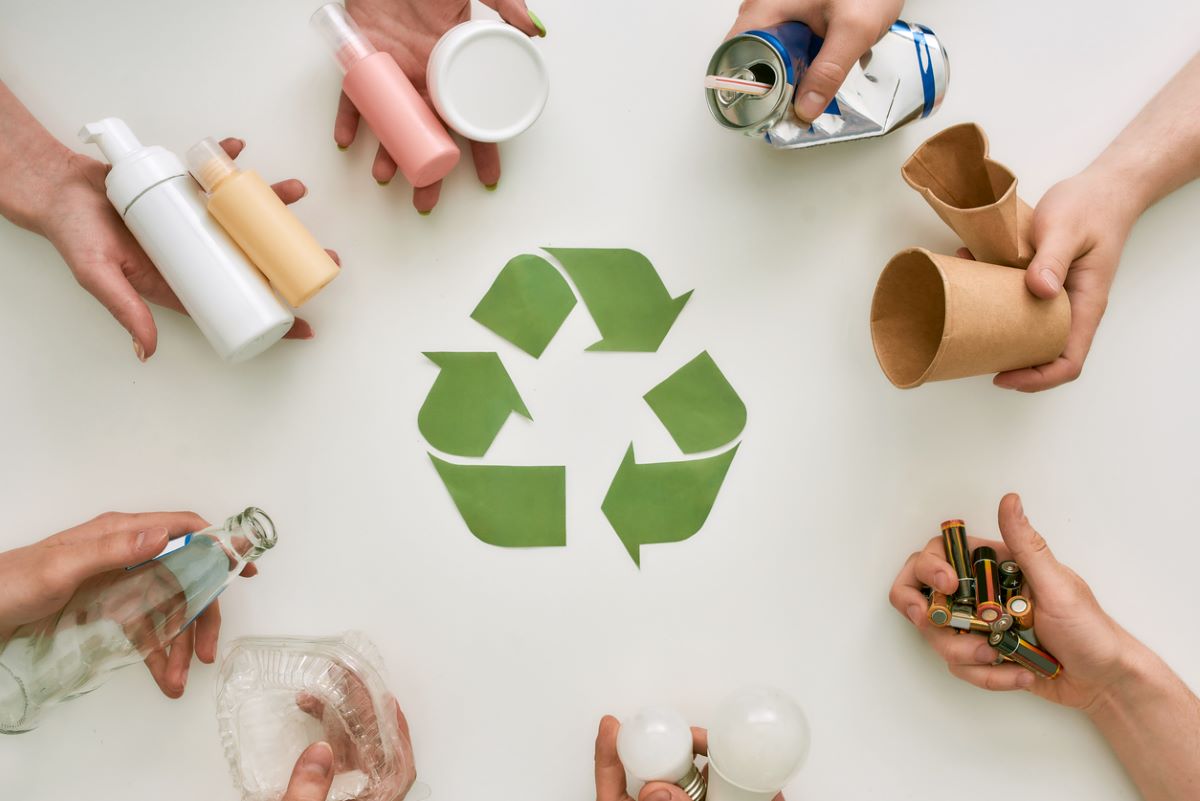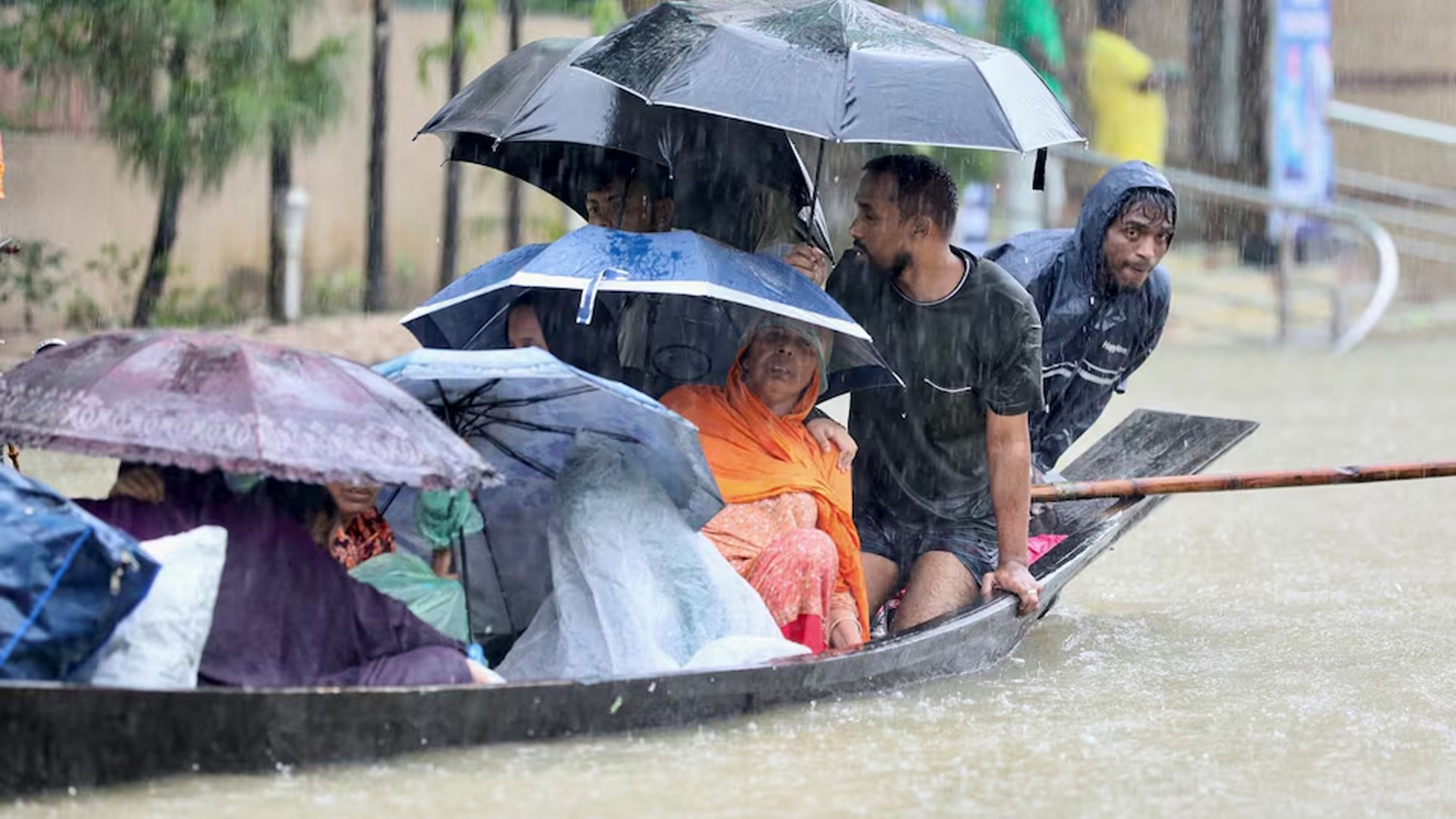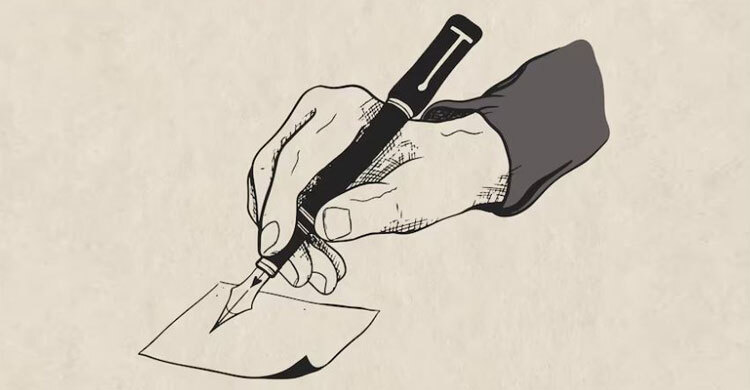Plastic Recycling Increased in the Country
Staff Desk

In the country, 36% of plastic can be recycled. Additionally, 39% ends up in landfills, and 25% goes into rivers, canals, and soil. However, the rate of plastic recycling has increased compared to before. Globally, the average rate is below 10%, although in European countries, this rate is above 70%. Nonetheless, the recycling rate needs to be increased further. Mainly, a large portion of used plastic cannot be recycled due to improper collection from households and landfills. Additionally, there is a lack of necessary government support for the development of this sector.
Speakers stated these points yesterday at a seminar titled “Sustainable Plastic Waste Recycling and Investment” held at the auditorium of the International Mother Language Institute. The seminar was organized jointly by the Plastic Product Business Promotion Council (PPBPC) and the Bangladesh Plastic Goods Manufacturers and Exporters Association (BPGMEA) on the occasion of Environment Day.
In the keynote paper presented at the seminar, it was mentioned that there is currently a 400 billion BDT market for plastic products in the country. Citizens use more than 9 kg of plastic per capita annually. Exports amount to 1.2 billion USD. There are 5,500 factories in this sector, directly employing over 2 million people.
If this trend continues, by 2030, Bangladesh will become the 40th top plastic exporting country in the world. The Chief Guest at the event was Commerce Secretary Salim Uddin. Special guests included the Chief Executive Officer of the Business Promotion Council (BPC), Nahid Afroze, and Senior Vice President of FBCCI, Amin Hilali. The keynote paper was presented by Dr. Kazi Bayezid Kabir, Professor of the Department of Chemical Engineering at BUET. The seminar was presided over by BPGMEA President Shamim Ahmed.
The Commerce Secretary said that everyone in the country is now a user of plastic; there is no alternative to it. Therefore, this sector must be made sustainable. The existing problems need to be turned into opportunities. For this, correct policy support is necessary. Proper policy is needed. Multiple government agencies and ministries are involved with this industry. Everyone needs to work together. He said that to solve the plastic problem, the recycling rate must first be brought to the level of developed countries. Alongside this, efforts should be made to improve the living standards of those who collect plastic products from households and landfills. Therefore, those who have invested in this sector need to work sincerely.
BPC Chief Executive Officer Nahid Afroze said that the developed world is moving away from plastic. However, we see significant export potential in this sector. As a result, this sector must be brought fully into compliance. This issue is complex and cannot be resolved overnight. Long-term planning is necessary.
In a panel discussion at the event, Unilever Bangladesh Director Shamima Akhter said that plastic is becoming popular for packaging among companies because it is readily available, durable, and keeps products in good condition. We always want to collect and bring back the plastic we sell. However, through a development project, we found that in Chittagong, we were able to collect 10% of the plastic. But our effort is to collect more plastic than is produced.
She said that those working in the plastic recycling sector, who collect plastic, do not see it as a good profession. Because their living standards do not improve, there are health risks. Much work needs to be done in this area. Most of the workers are women; their living standards and working conditions must be ensured. BPGMEA President Shamim Ahmed said that the use of plastic products is increasing day by day in the country. Due to the problem of collecting used plastic products separately, the demand for recycled plastic products cannot be met despite high demand. The responsibility for the development of the plastic sector does not lie solely with the private sector. For this, relevant government institutions need to work.
Tags: Bangladesh

![Anjir Liton, former DG of Bangladesh Shishu Academy [Image collected]](/post-images/20240822-shishu-academy.jpg)

![Henry A. Kissinger in 1979 [Neil Leifer/Sports Illustrated, via Getty Images]](/post-images/20231130-kissinger.jpg)
![Professor Abdul Basir, a faculty member in the Department of Islamic History and Culture at DU | Professor Nisar Hossain, Dean of the Faculty of Fine Arts [Image collected]](/post-images/20240822-du.jpg)